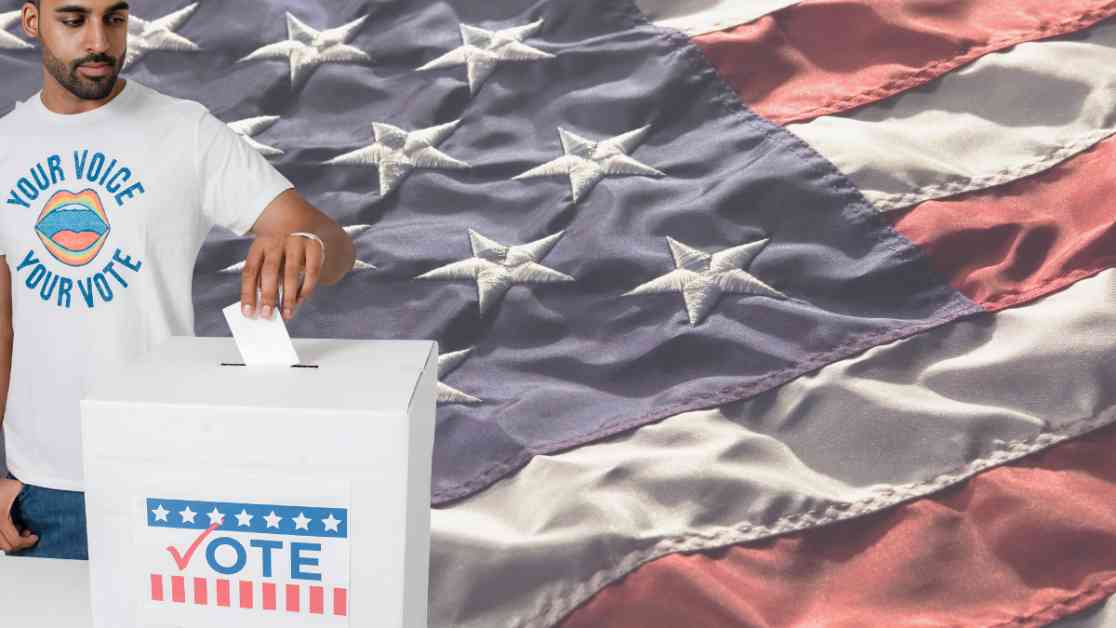The upcoming presidential race on November 5, 2024, between Vice President Kamala Harris and former President Donald Trump is crucial for America’s future. However, the entry of other candidates from third parties such as the Green, Libertarian, and Peace and Freedom Party could potentially act as spoilers in the election. This situation reminds us of past elections where third-party candidates like Ross Perot in 1992 and George Wallace in 1968 played significant roles in shaping the final outcome.
It is essential to understand that winning the popular vote does not guarantee victory in the presidential race. The electoral college system and the number of delegates in swing states like Arizona, Florida, and Pennsylvania will ultimately determine the next president. The tight race between Harris-Walz and Trump-Vance emphasizes the importance of every vote, especially in swing states where third-party candidates could influence the final result.
The Biden administration’s foreign policies, particularly its stance on the conflict in Gaza, have raised concerns among certain voter groups. Young, left-leaning progressive voters, as well as American Muslim and Arab American communities, are critical of Vice President Harris for not taking a stronger stance on the Gaza war. While it is unfair to solely blame Harris for the ongoing conflict, these issues are influencing voter decisions in the upcoming election.
It is crucial for undecided voters to consider important domestic issues like healthcare, housing, social security, and the environment when making their decision. While third-party candidates may offer alternative perspectives, the reality is that only the mainstream parties have a realistic chance of winning the presidency. Ultimately, the choice between Harris and Trump will have significant implications for America’s future.
As the election approaches, voters must carefully weigh their options and consider the long-term impact of their decision. The outcome of the 2024 presidential race will shape the direction of the country for years to come, making it essential for every voter to exercise their right to vote wisely.














